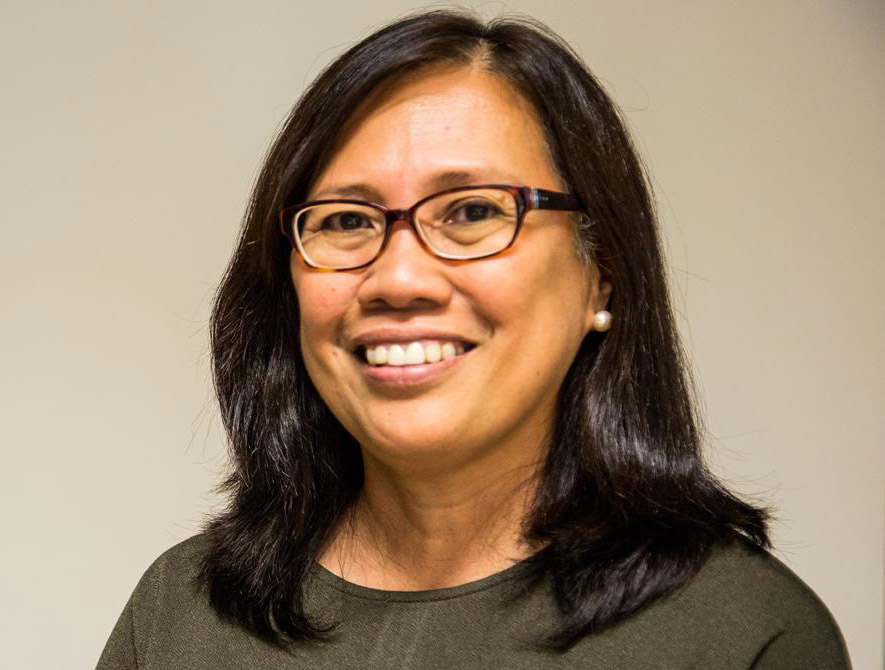Lan is an activist and development worker, with over 30 years of experience working with civil society coalitions, environmental movements, and international women’s rights organizations. She was Regional Director for Oxfam in Asia and now is for WWF.
What do you think are the current challenges in the cooperation sector?
Some of the challenges hampering the cooperation sector at the moment include the continuing imbalance of power between donors and recipients of grants. The term often used for this is donor-driven but I think it is also donor dominated. The flip side of this coin is that groups in the so-called South are too fractured to put up a unified front to challenge donors back. For sure, one reason for this is the dependence on donor grants for survival. Apart from this, the continuing threats to the security of development and humanitarian workers, and especially so for activists and feminists, is a huge challenge.
There are not enough donors who fund the risky work done by activists. In fact, some donors are risk averse and would only fund projects and programs that do not challenge the status quo. In situations like in Myanmar where the state has clamped down on financial flows to crush the Myanmar civil society dependent on foreign funding, INGOs have however managed to find ways. This is also risky for the INGO itself but because back donors are willing to take on the risk, it becomes possible for some. In other words, the essence of the challenges is to redefine what cooperation means along the lines of power, self-determination and agency.
These challenges are part of the evolution of international cooperation, I think. In the process of professionalizing the sector, it has to be run like a business and risk mitigation, in particular financial and reputational risk for the government back donors and the INGO middlemen, have become paramount. There is nothing wrong in that per se, and I recognize these as valid concerns. But this has to be countervailed by other considerations for the autonomy of national actors and the necessity of supporting their survival because there are graver risks if repressive states succeed in totally crushing them.
How do you consider they should be faced?
All members of the cooperation sectors have a role in addressing these challenges. It begins with raising awareness of the problem. While decolonization of aid has become some sort of a buzzword, I think this kind of awareness might not be that widespread. And in some INGOs, there may be a few champions but there are more champios of the dominant and old type of thinking and approach to development aid.
I think another way might be to experiment and innovate with funding and organization models. In the humanitarian sector, the reason for using INGOs as conduits is their established sytems and processes that purportedly guarantee financial accountability. Is there a way for local humanitarian actors to set up business services that would match if not exceed the advantages of going through INGOs?



